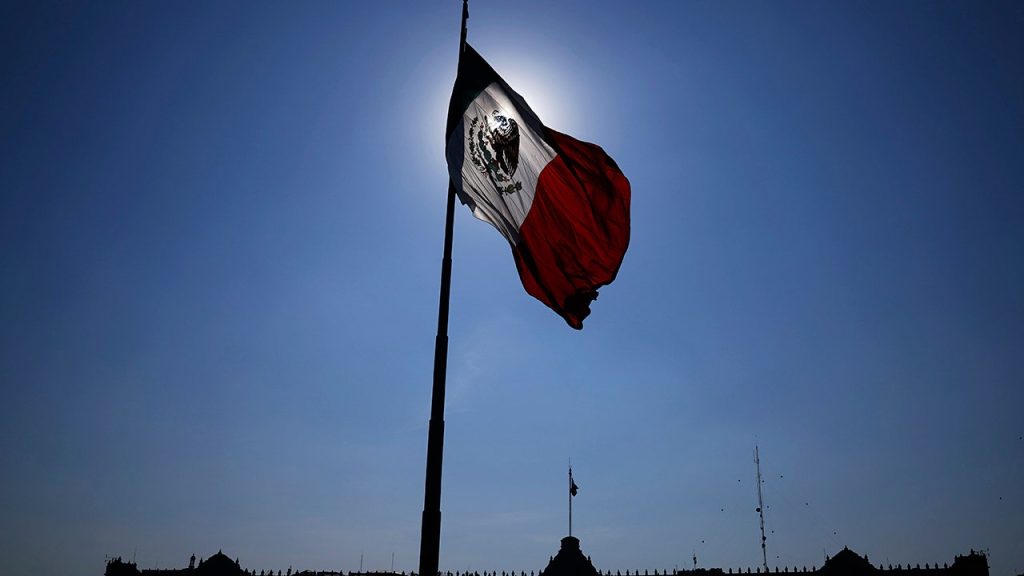In a recent confrontation in Sinaloa, Mexico, the army killed 19 suspected drug cartel gunmen while suffering no casualties themselves. The ruling Morena party has criticized past administrations for lopsided death tolls in which only suspects died, suggesting these situations may have involved executions or human rights abuses. The clash took place on the outskirts of Culiacan, where two factions of the Sinaloa cartel have been engaged in infighting since early September. Prior to the confrontation, army troops detained a top lieutenant of the “Mayitos” faction, loyal to imprisoned drug lord Ismael “El Mayo” Zambada, but did not disclose the suspect’s full name.
After detaining the top lieutenant, troops were attacked by more than 30 assailants, with 19 ending up killed while at least 11 managed to escape. The Defense Department claimed that the soldiers followed strict adherence to the rule of law and acted in self-defense while fully respecting human rights. Additionally, they seized 17 rifles, including a .50-caliber sniper rifle, as well as four machine guns at the scene. The ongoing conflict between the different factions of the Sinaloa cartel was sparked by Zambada’s claim that he was abducted and taken to the U.S. by a leader of a rival cartel faction, known as the “Chapitos.” This incident marked the most lopsided battle since the killing of 22 suspects at a grain warehouse in the State of Mexico in 2014.
In the 2014 clash, 22 suspects were killed, with some being executed after they had surrendered, according to a human rights investigation. This led to the arrests of seven soldiers, who were later released only to be detained again years later on charges of abuse of authority. The recent shootout in Sinaloa highlights the continuing violence and instability caused by the ongoing turmoil within the Sinaloa cartel and its various factions. The Defense Department’s assertion that the soldiers acted in self-defense and within the bounds of the law lends a different perspective to the incident compared to previous similar confrontations.
The contradictory nature of the events in Sinaloa, as well as previous incidents involving drug cartel violence and military intervention, raises questions about the extent to which human rights are being upheld in Mexico’s ongoing drug war. The Morena party’s criticism of past administrations for lopsided death tolls and suspicions of rights abuses reflects a broader concern about the tactics and practices employed by the military and law enforcement agencies. The arrest and subsequent re-arrest of soldiers involved in the 2014 incident underscore the challenges of accountability and oversight within Mexico’s security forces amidst the backdrop of escalating violence and criminal activity.
The clash in Sinaloa serves as a stark reminder of the continued threats posed by powerful drug cartels in Mexico, and the risks faced by both law enforcement personnel and civilians caught in the crossfire. The intense violence and high death tolls resulting from these confrontations point to the need for effective strategies to address the root causes of drug trafficking and organized crime, and to ensure the protection of human rights and the rule of law. The ongoing challenges faced by Mexican authorities in combating drug cartels and maintaining security highlight the complexity of addressing such issues within a context of pervasive corruption, violence, and impunity.
In light of the recent shootout in Sinaloa and the broader implications for Mexico’s security and human rights situation, there is a pressing need for comprehensive reforms and systemic changes to address the underlying drivers of violence and crime in the country. Efforts to strengthen accountability mechanisms, improve transparency, and enhance the capacity of security forces to respect human rights are critical steps in addressing the challenges posed by drug trafficking and related criminal activities. The Mexican government must also prioritize initiatives to promote social development, economic opportunity, and effective governance in order to address the root causes of violence and insecurity, while upholding the rights and dignity of all individuals affected by the ongoing drug war.


